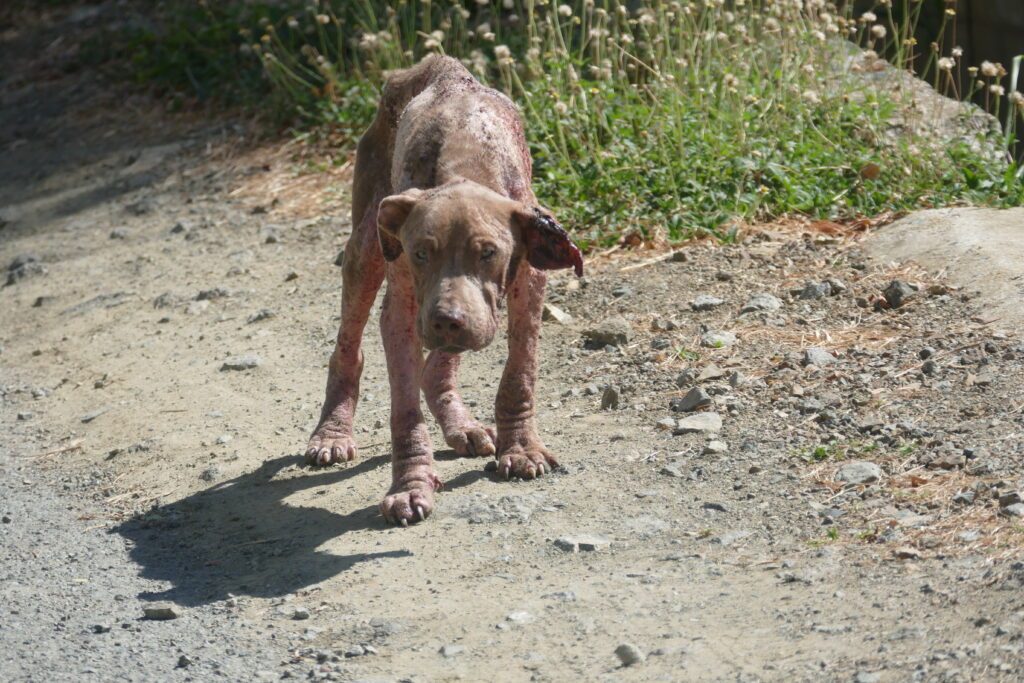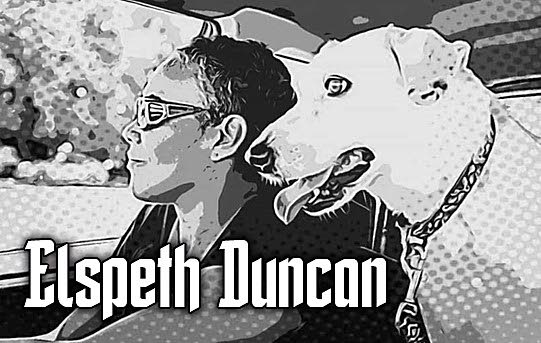A much better, much-needed $10k reward idea

It was April 26 – two days into my return from two weeks spent in Trinidad.
"Welcome back to Tobago," my friend Claudia said, as she and I stood in scorching sun, using our bodies and newspapers to provide shade for the pitbull who lay dying before us.
There was blood oozing from his hairless, mange-ridden, skeletal body. Maggots were now scrambling for their lives from the hole into which I had pumped copious amounts of Negasunt powder, which would kill them.
Claudia and I were waiting on the animal shelter van, which was taking what felt like aeons to arrive, to take this emergency case to the veterinary clinic.
Who had allowed that once obviously majestic creature to get to his current state? For how long had he suffered before being dumped along the road that leads to Kilgwyn Bay?
That bay is one of Tobago’s famous dumping grounds for dogs. We have rescued many from there and rehomed them.
I write that while hoping that no one reading this is a "dumper" who will see my words as permission to drop off their unwanted "cargo" because they think, "She/they will handle it."
When I first encountered the pitbull that day, he was stumbling and weak. He lightly licked my hand and gave one faint wag of his long, hairless tail. I gave him some of the dog chow I had in my vehicle, but he was too weak to eat.
By the time Claudia (who lives nearby) arrived with the water I had called and asked her to bring, he had collapsed behind a lamppole, life, energy and blood draining from him.

A man living up a track to the side of the pole appeared with a plastic bag of food and some water. He told us that he was accustomed to this; living there, he has seen so many dogs “pass through” (ie dumped).
When the van finally arrived and took Murphy (as I called him) away, I called Dr Small, the TTSPCA clinic’s head vet, and told her that if she assessed him as being able to make it, we would raise funds to cover the bills. If not deemed fit for survival, go ahead and euthanise.
Having seen the way the blood had poured from his side, I felt that the "E word" would have been the outcome. Dr Small’s grave voice on the phone after her assessment confirmed my suspicions.
I got home to news of English visitor Peter Smith, who had been attacked by a shark at Turtle Beach. I used the word "attacked" here simply to suggest that we should, in fact, not use that word in relation to incidents of sharks coming into contact with humans who are injured as a result.
This quote (re California Department of Fish and Wildlife) explains: “CDFW uses the word 'incident' rather than terms like 'bite' or 'attack' which imply intent on the part of the shark to knowingly harm or consume a person. Most interactions where sharks bite people can be attributed to exploratory bites in which the shark is investigating an object in its environment, or incidents in which the shark mistakes a person for its natural food source.”
Sharks, swimming in their habitat (the ocean), do not see human beings (not their habitat) and calculatingly think: “Let me attack that human.” The sharks are curious. They are doing what they do in their search for sustenance and survival.
Unfortunately, that shark’s exploration for sustenance included Mr Smith, to whom I extend wishes for a successful recovery – and comfort to his no-doubt traumatised loved ones.
The response of the THA (Tobago House of Assembly) in quickly issuing a $10,000 reward for the capture of the shark that encountered Mr Smith was, in my view, reactionary and environmentally irresponsible.

Who knows how many sharks are in Tobago’s waters? That reward was fodder for a potential shark-killing frenzy. What if ten fishermen had caught one shark each? Who could know which one was "the culprit?" Would the payout have been $100,000?
This is why I initially thought the advertisement was a meme. It is a relief that the bounty was swiftly recalled.
I seriously suggest that the THA considers offering $10,000 rewards to those who can report and catch (on camera) people who calculatedly dump suffering dogs around this "paradise."
Who would not want to become an overnight millionaire?


Comments
"A much better, much-needed $10k reward idea"